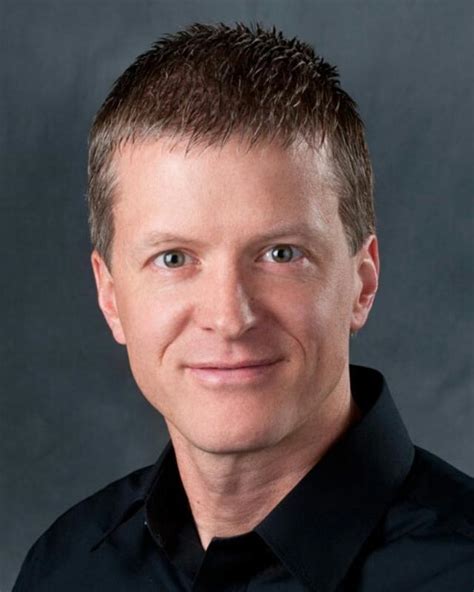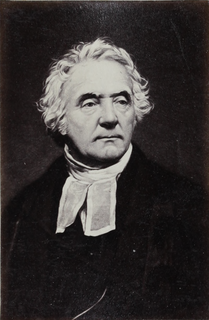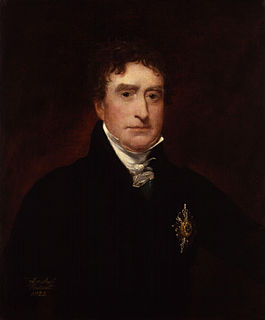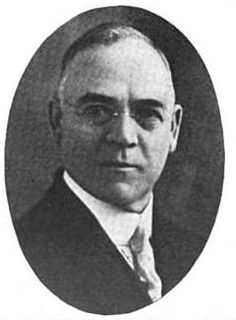A Quote by Daniel Cawdry
The law showeth unto us our sins, and maketh known unto us our miserable estate and wretchedness, and how that there is nothing good in us, and that we are far off from all manner of righteousness, and so driveth us of necessity to seek righteousness in Christ.
Related Quotes
This is that mystery which is rich in divine grace unto sinners: wherein by a wonderful exchange, our sins are no longer ours but Christ's; and the righteousness of Christ is not Christ's but ours. He has emptied himself of his righteousness that he might clothe us in it, and fill us with it: and he has taken our evils upon himself that he might deliver us from them.
If Christ has been given us, if we are called to his discipleship we are given all things, literally _all_ things. He will see to it that they are added unto us. If we follow Jesus and look only to His righteousness, we are in his hands and under the protection of Him and His Father. And if we are in communion with the Father, nought can harm us. God will help us in the hour of need, and He knows our needs.
Yet, after all, faith is not our righteousness. It is accounted to us in order to righteousness (Rom 4:5, GREEK), but not as righteousness; for in that case it would be a work like any other doing of man, and as such would be incompatible with the righteousness of the Son of God; the righteousness which is by faith. Faith connects us with the righteousness, and is therefore totally distinct from it. To confound the one with the other is to subvert the whole gospel of the grace of God. Our act of faith must ever be a separate thing from that which we believe.
To be loved but not known is comforting but superficial. To be known and not loved is our greatest fear. But to be fully known and truly loved is, well, a lot like being loved by God. It is what we need more than anything. It liberates us from pretense, humbles us out of our self-righteousness, and fortifies us for any difficulty life can throw at us.
Nothing can tend so much to humble us before the mercy and justice of God as the consideration of His benefits and our own sins. Let us, then, consider what He has done for us, and what we have done against Him; let us call to mind our sins in detail, and His gracious benefits in like manner, remembering that whatever there is of good in us is not ours, but His, and then we need not be afraid of vainglory or of taking complacency in ourselves.
Christ became our Brother in order to help us. Through him our brother has become Christ for us in the power and authority of the commission Christ has given him. Our brother stands before us the sign of the truth and the grace of God. He has been given to us to help us. He hears the confession of our sins in Christ's stead and he forgives our sins in Christ's name. He keeps the secret of our confession as God keeps it. When I go to my brother to confess, I am going to God.
We are His children in Very deed, having been born of Him in the spirit, and we have inherited the very attributes which he possesses. They are in us, and they make us God's embryo, We believe that as we are now God once was, and by the practice of virtue and righteousness, by obedience unto law and authority, He has become what He is, and as He is, man may become, on the same principle.
Let us give thanks to God upon Thanksgiving Day. Nature is beautiful and fellowmen are dear, and duty is close beside us, and God is over us and in us. We want to trust Him with a fuller trust, and so at last to come to that high life where we shall "be careful for nothing, but in everything, by prayer and supplication, with thanksgiving, let our request be made known unto God"; for that, and that alone, is peace.
































